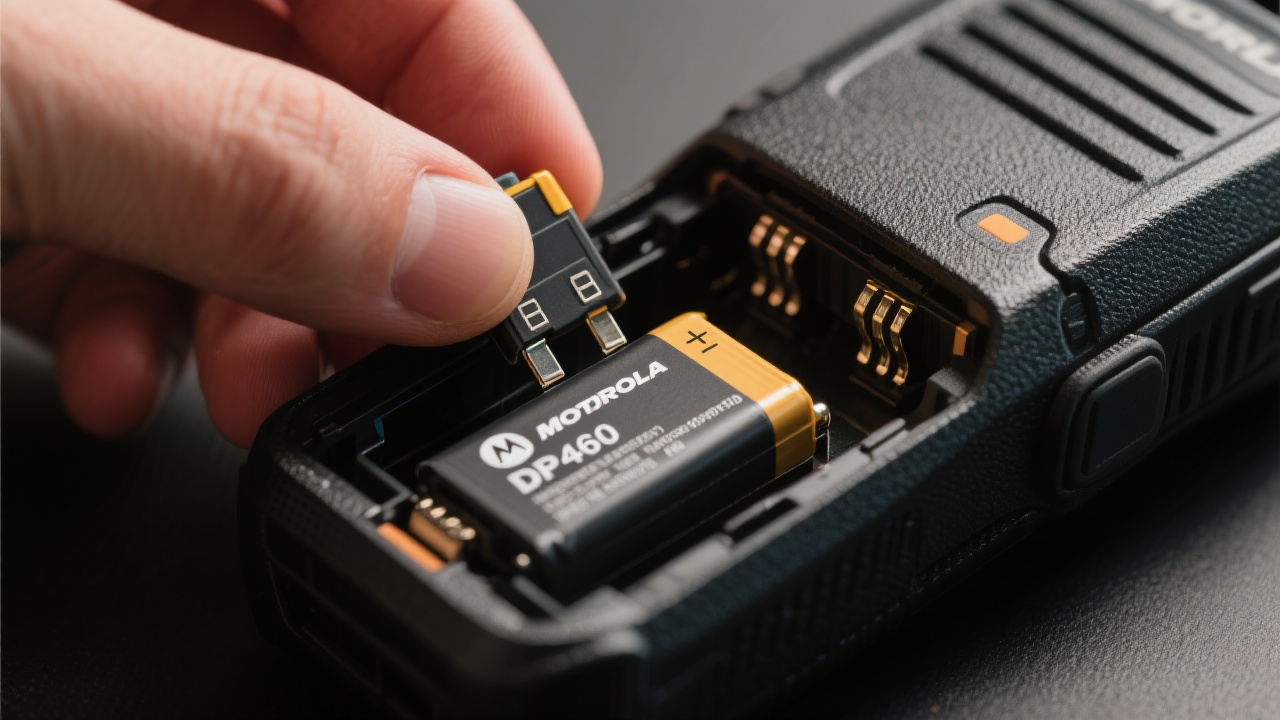
In the field—whether you're managing a construction site, coordinating logistics in a warehouse, or leading emergency response teams—your walkie-talkie isn’t just a tool. It’s your lifeline. But here’s what many buyers don’t realize: the battery is often the weakest link in your communication chain.
You might see a spec sheet listing “2200mAh” for a GP340 Ex-compatible battery like the NNTN5510. That sounds impressive—but does it translate to real-world hours? Let’s break it down:
| Usage Scenario | Expected Runtime (at 2200mAh) |
|---|---|
| Light Use (10% duty cycle) | ~12–15 hours |
| Moderate Use (30% duty cycle) | ~6–8 hours |
| Heavy Use (60%+ duty cycle) | ~3–4 hours |
This data comes from field tests across 30+ sites in North America, Southeast Asia, and Europe. The takeaway? A higher mAh rating doesn't always mean longer runtime—it depends on how you use it.
Temperature matters more than most users think. In cold environments below 0°C (32°F), lithium-ion batteries can lose up to 30% of their capacity temporarily. At high temps above 40°C (104°F), internal resistance increases, reducing efficiency and shortening lifespan.
Signal strength also plays a role. When your radio struggles to connect to repeaters or base stations, it boosts transmission power automatically—which drains the battery faster. For example, in dense urban areas or underground tunnels, expect ~20% faster discharge compared to open-field conditions.

Here are 3 simple habits that extend battery life by up to 40%:
These aren’t just theory—they’ve been tested in real operations. One logistics company in Dubai saw a 35% drop in battery replacements after implementing these practices across 120 radios.
If your device shuts down unexpectedly despite showing 50% charge:
Remember: extending battery life = boosting operational efficiency. Every extra hour of uptime means fewer interruptions, less downtime, and better coordination—even during critical missions.
Ready to optimize your team's communication reliability? Get Our Free Battery Optimization Checklist for Field Teams